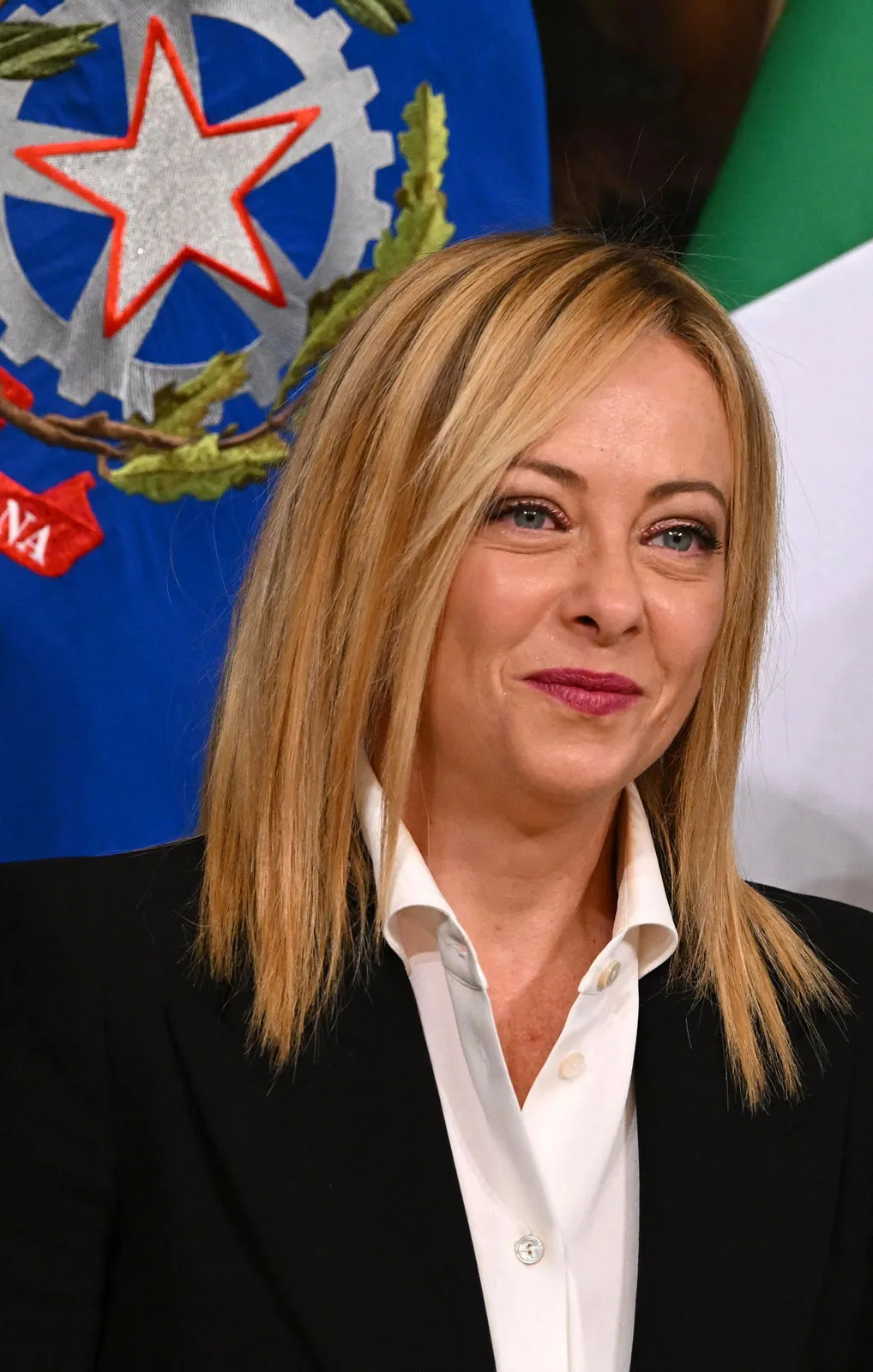Western World Fears Communist Lending in Developing Countries

The Center for International Private Enterprise (CIPE) recently (2018) published a booklet warning the world of the advent of what they termed “Corrosive Capital”. They state that “many forms of capital emanating from authoritarian nations are having a corrosive effect on democratic institutions and private enterprise in … emerging markets and fragile economies.” (source)
Long story short, according to the author, Andrew Wilson, China and Russia are the ‘bad guys’, and America is the ‘good guy’. But, do the statements or accusations made by CIPE reflect reality?
A Brief History
Western influence in Africa first appeared strongly in the 1700’s with the advent of Colonisation. Chinese political and economic relations in Africa didn’t begin until the advent of Mao Zedong (d. 1976). China’s Ya-Fei-La Strategy, literally meaning “Asia-Africa-Latin America”, was created in the 1960’s to promote the advancement of developing countries.
Today, more than 1 million Chinese call Africa their home. Incidentally, there are over 2 million Chinese citizens in Europe, and Europe is China’s largest trading partner.
Trade between China and Africa increased by 700% during the 1990s, and the Forum on China–Africa Cooperation (FOCAC) was established in October 2000 to greatly strengthen the relationship. China has donated or assisted in building 100 schools and 30 hospitals for starters, and often has helped build infrastructure in exchange for oil.
Western eyes grew large when they discovered that Chinese investment in Africa jumped 60% in the year 2009, and China was Africa’s largest trading partner in the year 2011 at over $160bn. (source)
Africa’s wealth of raw materials has long attracted foreign trade from all over the world. Today, an estimated 80% of Chinese imports from Africa are mineral products. In fact, some of the infrastructure was built in order to gain better access to the raw material. Critics to the China policy call it “debt-trap diplomacy”, yet in the year 2014, 15 African countries owed the IMF $5.39bn, and four years later 20 African countries owe over $15bn.
China Turns on the Heat
In the year 2018, Chinese president Xi Jinping vowed to invest a further $60 billion into African nations. Still, China’s investment in Africa is at the early stages compared to Western countries.
China’s mild introduction hasn’t prevented some Western countries from taking a defensive position.
Last year, Eleven heads of state and government and more than 1,000 business leaders met in Mozambique for the US-Africa Business Summit to launch an ambitious $60bn United States investment agency (The United States International Development Finance Corporation, DFC).
While CIPE focuses on the possibility of “weak” or “corrupt” African governments who could be subject to exploitation by foreign influence, African governments “have shown a surprising assertiveness. The first person to be expelled from Africa’s South Sudan was a Chinese, Liu Yingcai, the local head of Petrodar, a Chinese-Malaysian oil company and the government’s biggest customer, in connection with an alleged $815m oil ‘theft’. Congo kicked out two rogue commodities traders in the Kivu region. Algerian courts have banned two Chinese firms from participating in a public tender, alleging corruption. Gabonese officials ditched an unfavourable resource deal. Kenyan and South African conservationists are asking China to stop the trade in ivory and rhino horn.” (source)
To deny that there is corruption in Africa of course, would be absurd. However, just last month U.S. Secretary of State Mike Pompeo was in Angola aiming to promote U.S. investment as an alternative to Chinese loans. Angola at the same time is investigating this corruption – which is being investigated throughout multiple countries. (source)
Africa has a well-educated elite class, and they do business with more than just China. Africa received an estimated $46bn in foreign direct investment (FDI) in 2018, including many in South American countries. For the past 3 years in fact, while FDI has been down in all other parts of the world, it has been growing steadily in Africa. When a finance entity makes an FDI, this often includes training, education and maintenance within that country. A smart FDI will do all it can to ensure they reap the reward for their investment.
By comparison, China’s FDI into Africa is creating fewer jobs per unit of investment, on average. If China wants to be successful in Africa, it will need to move from focusing on natural resources and infrastructure to manufacturing, which is more labor-intensive.
It all depends on China’s goals. Is China merely interested in the natural materials and making a profit? Their level of commitment seems to extend farther than that.
Global money is banking on African growth, especially since May of 2019, when The African Continental Free Trade Agreement (AfCFTA) was signed into law.
While the US and China got themselves into a tariff war last year, the AfCTA allows 52 African countries to buy and sell goods without tariffs, making them less expensive and more appealing to African consumers.
With whom would Africans rather trade? China turns a blind eye to human-rights abuses and it has not undermined democratic institutions or conventions. The US and EU have a tendency to influence public policy as a criterion for granting loans. China has also not stoked armed conflict. For this, I am reminded of the German / English Boer wars.
Let’s be honest – in terms of the history of African relations, no one’s hands are clean.
There is tremendous opportunity for investment in Africa, if it is done properly and with the understanding that one needs to do more than just ‘throw money’ (or ‘credit’) at a problem. Hopefully, Africa will survive this eager – and perhaps this time – honest interest in their growth and potential.





